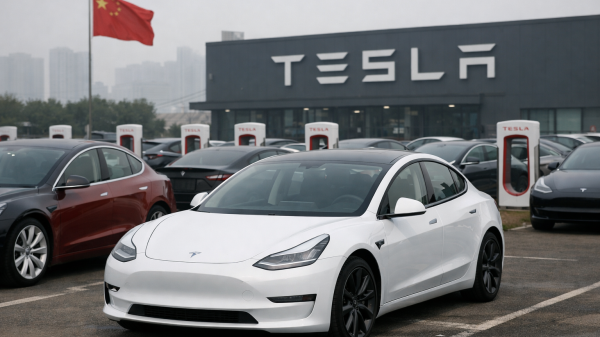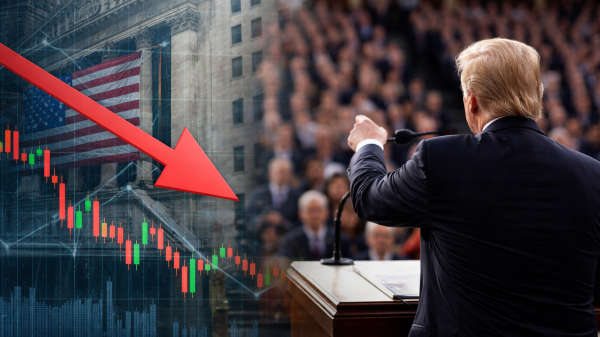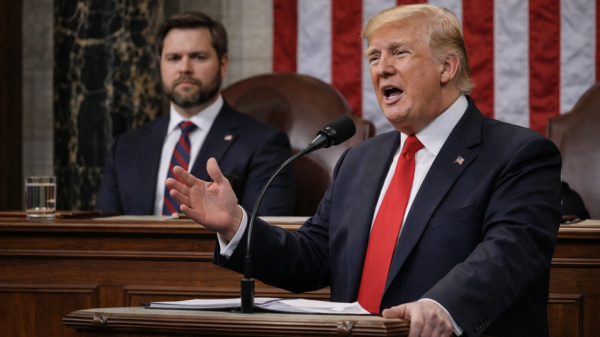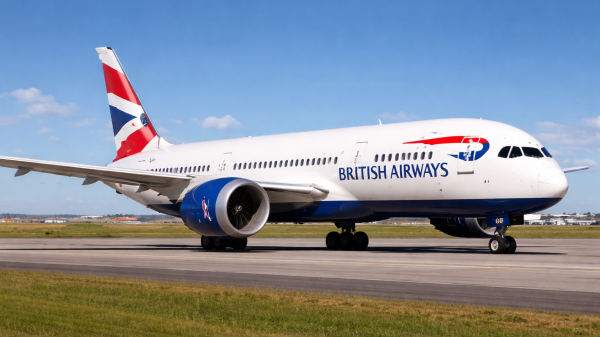European stock markets commenced Tuesday’s trading session with a cautiously optimistic tone, as major indices posted modest gains.
This positive sentiment was primarily fueled by an anticipated rate cut from China, aimed at bolstering its economy, and tentative hopes surrounding potential peace talks to resolve the long-standing conflict in Ukraine.
Approximately 19 minutes after the opening bell, the pan-European Stoxx 600 index was trading up by 0.2%.
Sector performance was mixed, though regional utilities stocks notably led the gains. At 03:05 ET (07:05 GMT), specific national bourses reflected this gentle upward trend: Germany’s DAX index climbed 0.2%, France’s CAC 40 also gained 0.2%, and in the UK, the FTSE 100 rose by 0.3%.
Later readings showed London’s FTSE 100 maintaining a 0.2% gain, with the French CAC 40 up 0.1% and the DAX little changed, indicating a slight moderation in early momentum.
Monetary easing and inflationary calm
European stock indices found a solid lead from positive trading in Asia overnight.
A key driver was the decision by the People’s Bank of China to cut its benchmark loan prime rate, pushing it further into record low territory.
This move signaled Beijing’s willingness to deploy further monetary stimulus to support the world’s second-largest economy, which also serves as a crucial export market for many prominent European companies.
Adding to the global easing theme, the Reserve Bank of Australia also cut interest rates earlier on Tuesday, citing increasing risks to the Australian economy stemming from global trade uncertainty.
Market participants are now looking ahead to the European Central Bank’s next meeting in June, where it is widely anticipated to cut interest rates once more.
The ECB has already eased monetary policy seven times over the past year. Inflation does not currently appear to be a significant impediment to further easing, particularly if German factory prices offer any indication.
Data released earlier on Tuesday showed that the German producer price index fell by 0.6% month-on-month in April, resulting in an annual decrease of 0.9%.
Glimmers of hope for Ukraine peace?
A significant geopolitical development contributing to market sentiment is the growing hope for a potential peace agreement between Ukraine and Russia, which could bring an end to the conflict that has persisted for over three years.
Ukrainian President Volodymyr Zelenskiy stated on Monday that Kyiv and its international partners were considering arranging a high-level meeting involving Ukraine, Russia, the United States, European Union countries, and Britain, as part of a concerted push to end the war.
Adding a layer of intrigue, US President Donald Trump announced via a Truth Social post following his call with Russian President Vladimir Putin on Monday that “Negotiations between Russia and Ukraine will begin immediately.”
This comes after delegates from the warring nations met in Istanbul last week for the first time since 2022, though that encounter did not result in a truce agreement.
Sterling rises, Vodafone navigates headwinds
In currency markets, the British pound extended its recent gains against the US dollar, trading 0.2% higher at $1.338 as of 6:29 a.m. in London on Tuesday.
This followed a 0.6% rise for sterling against the greenback on Monday, buoyed by the UK and the EU reaching a landmark agreement to reset their post-Brexit relations.
On the corporate front, telecom giant Vodafone reported a full-year operating loss of 411 million euros ($462.7 million) on Tuesday.
The company attributed this loss primarily to impairment charges related to its operations in Germany and Romania, which amounted to 4.5 billion euros.
Despite the loss, Vodafone announced a 2% jump in full-year revenue, with total revenue reaching 37.4 billion euros.
This figure was slightly below analysts’ expectations of 38.1 billion euros, according to LSEG data.
Vodafone shares were trading 0.3% higher at 8:22 a.m. in London, recovering from some initial losses seen immediately after the market opened.
Looking ahead to 2026, Vodafone acknowledged that its financial performance could be impacted by “significant uncertainties” in the current macroeconomic climate, particularly concerning trade and foreign exchange rates.
The company expects its adjusted EBITDAaL (earnings before interest, taxes, depreciation and amortization and after lease expenses) to fall within the range of 11 billion euros to 13 billion euros.
For the full-year 2025, Vodafone’s adjusted EBITDAaL came in at 11 billion euros, consistent with its guidance.
The post Europe markets open: stocks up; focus on China, Ukraine; Vodafone Q4 results appeared first on Invezz




































